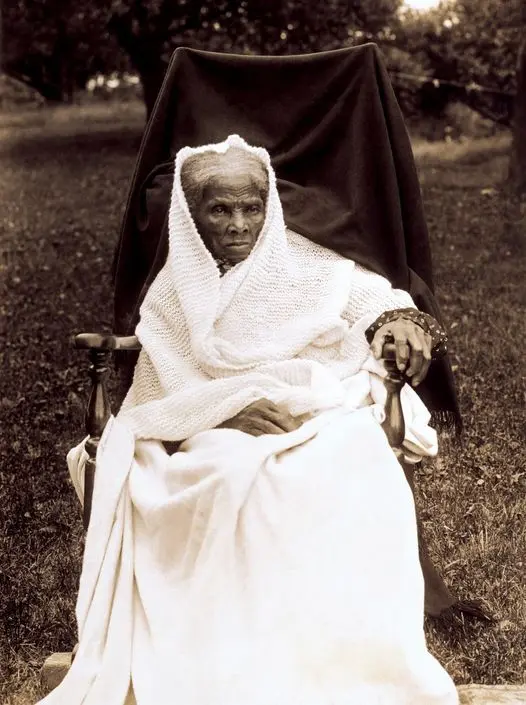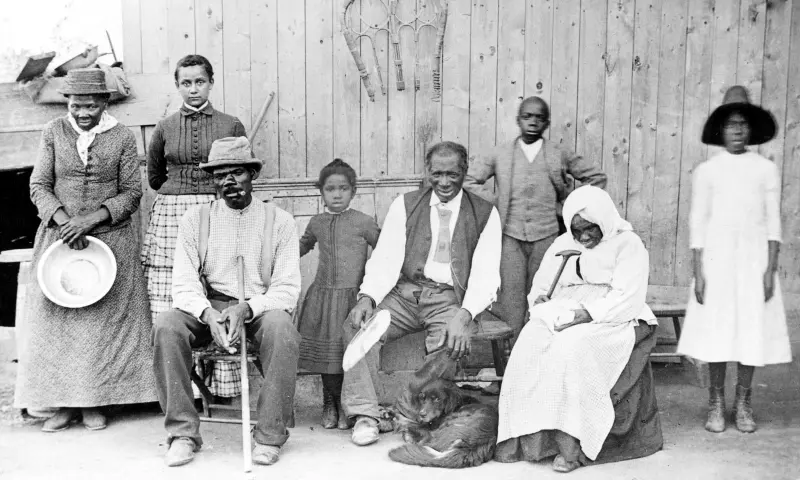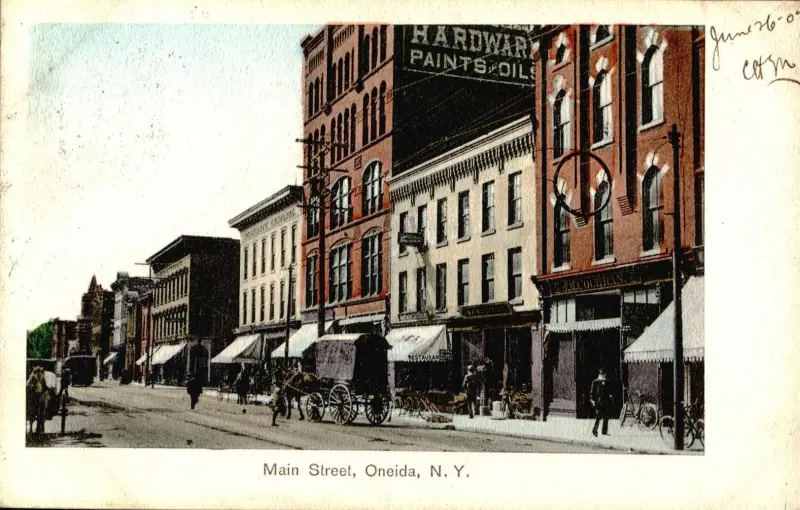Alexander Winchell
Portrait of Chancellor Alexander Winchell, circa 1875. Syracuse University Portrait Collection, University Archives.
In 1875, Alexander Winchell was a well-established academic with a broad interest in geology and zoology. Although best known for his work in geology, he had a diverse career that spanned multiple fields, universities, and even leadership roles. Born in 1824 in North East, New York, Winchell began his academic journey at Wesleyan University and later became an influential figure in both education and scientific exploration.
At that time, Winchell was serving as a professor at Vanderbilt University in Tennessee, where he taught geology and paleontology. However, his career had already taken a winding path. He had spent years teaching across various institutions in New Jersey, New York, and Alabama. His leadership abilities were evident early on, as he even served as president of Masonic University in Selma, Alabama, for a brief period.
Before arriving at Vanderbilt, Winchell had already made notable contributions to the field of geology while at the University of Michigan, where he was a professor of physics and civil engineering. During his time there, he also served as the state geologist of Michigan, publishing key geological reports that shaped the understanding of the region’s natural resources.
Winchell’s tenure at Syracuse University in New York, between 1872 and 1874, was a key moment in his career. As the chancellor, he was tasked with guiding the university through a time of economic difficulty. The financial challenges of the period, combined with a depression in 1873, ultimately led to his resignation from the position. Nevertheless, his time at Syracuse marked his strong commitment to improving academic institutions and promoting higher education.
Though his career was marked by a series of successes, Winchell’s views on human origins and evolution led to controversy. His book “Adamites and Preadamites,” published in 1878, expressed ideas that were at odds with both scientific and religious thought of the time, particularly his thoughts on race and the origins of humanity. These controversial views led to his resignation from Vanderbilt University.
Despite the controversies surrounding his personal beliefs, Winchell’s professional legacy remains important. He was a founding member of the Geological Society of America and played a pivotal role in the development of geology as a respected field of study. His work not only impacted academic circles but also contributed to the broader scientific conversations of the 19th century.
Winchell passed away in 1891, but his contributions to science, education, and the development of American geology continue to be remembered. His life stands as a testament to the complexity of 19th-century science, where emerging theories often collided with deeply held cultural and religious traditions.
Comentarios
Envíado por

OldPik
2 de marzo de 2025
Fuente
Enlace externo a la fuente¿Tienes fotos antiguas?
Comparte tus fotografías históricas y ayuda a preservar nuestra memoria colectiva.
Subir fotos
---w1500.webp)












Sin comentarios aún, sé el primero en comentar...